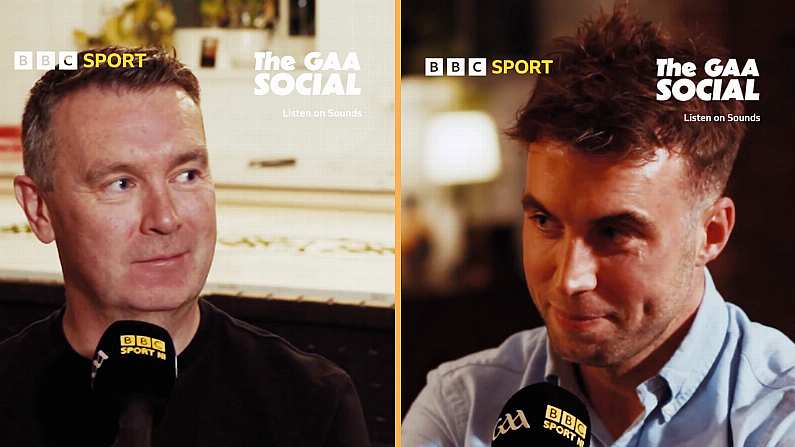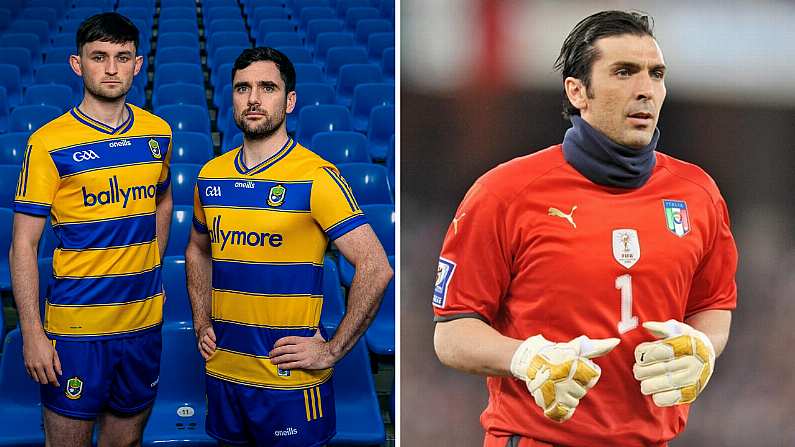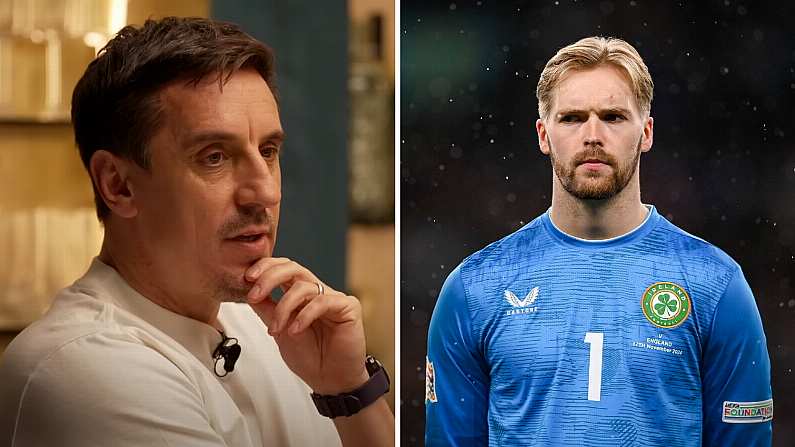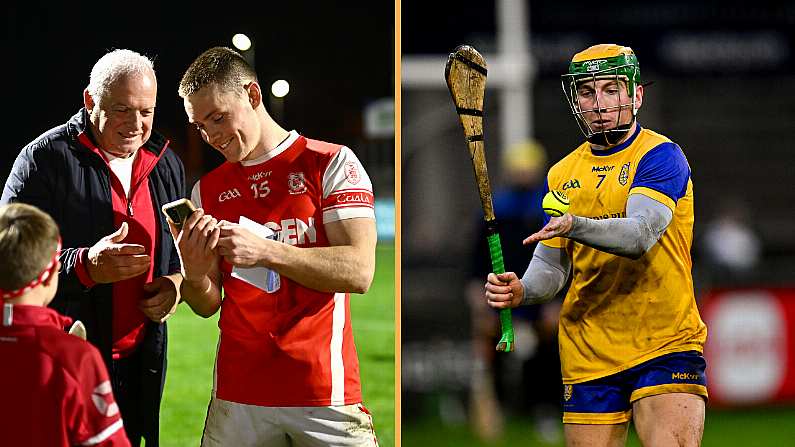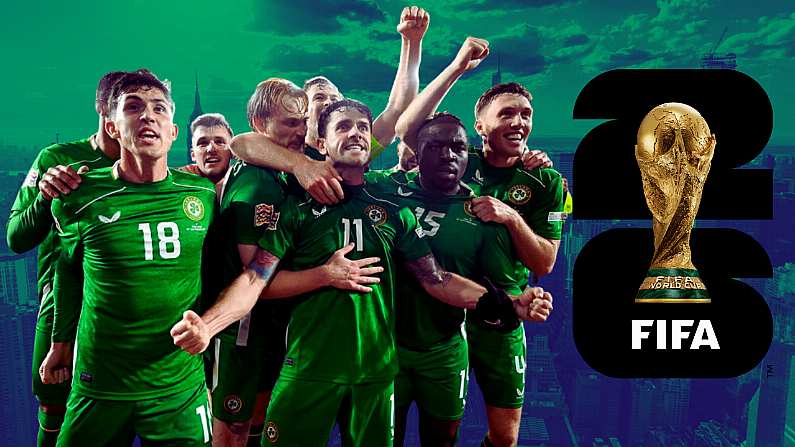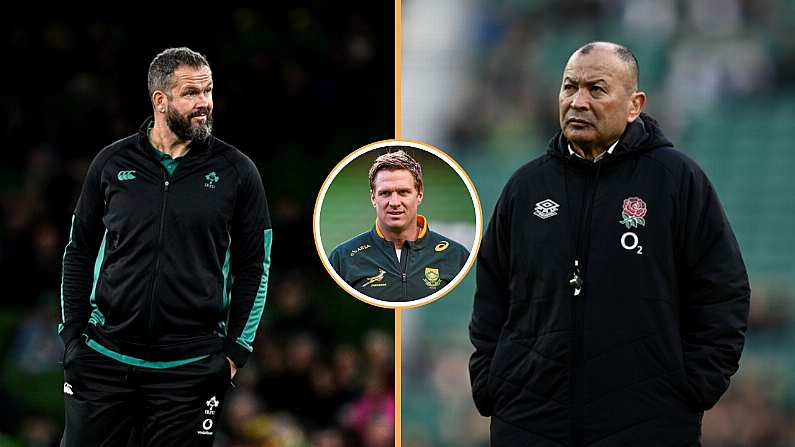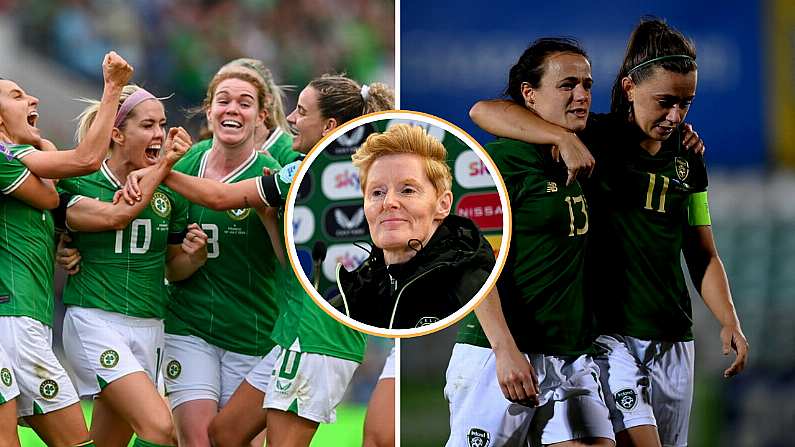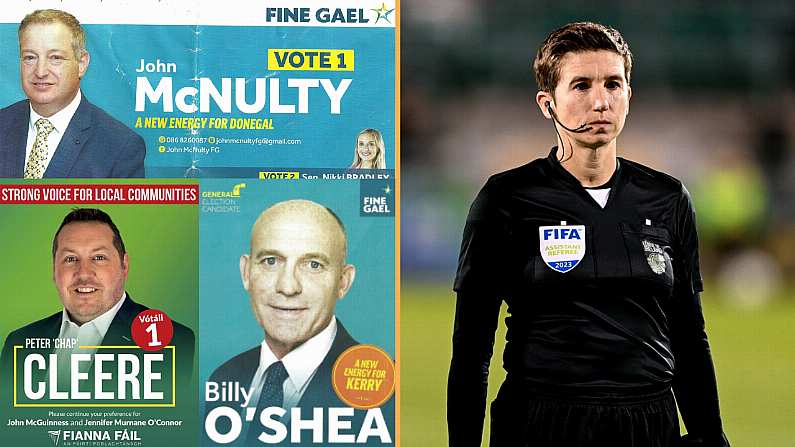Between their first appearance in 1993 and the gaffer's retirement in 2013, Alex Ferguson's Manchester United only missed one season of Champions League football.
1995-96 stands out as the last season when only champions were allowed compete. Before it morphed into a quasi-European Super League in which the G-14 clubs were nearly guaranteed entry, barring a domestic horror show.
And thus the only representatives that England sent forth were Blackburn Rovers, already embarked on a particularly abject 'defence' of their title.
Powered by the Walker steel money - very small beer compared to the sums swirling around now but game-changing for its time - Blackburn leaped from the second tier to Premier League champions in three seasons. By 2016 standards, Jack Walker would be a fairly cash-strapped sugar daddy.
As soon as the title was won, Kenny Dalglish 'moved upstairs' to become Director of Football, leaving assistant Ray Harford to preside over the title defence. They slumped to seventh in the table and were out of the championship reckoning long before Christmas.
Naturally, this left a swathe of crestfallen and embarrassed young glory hunters who had hitched their wagon to the Ewood Park club in early spring 1995. They were now looking enviously across at their Manchester United-supporting classmates and cursing their shortsightedness.
We can't report a similar swelling of the ranks of Leicester City supporters in Ireland this summer. It appears lessons have been learned from the Blackburn situation.
While the arse fell out of their title challenge, Blackburn were preparing to enter the European Cup for the first time. They'd been dropped into a far from intimidating group with Spartak Moscow, Legia Warsaw, and Rosenburg
One of Dalglish's duties as Director of Football was to prepare reports on Blackburn's Champions League opponents. As the London Independent's Phil Shaw wrote upon Dalglish's definitive departure from the club in August 1996, he was a near invisible presence during the European campaign.
He was expected to prepare reports on the club's European Champions' League opponents, only to maintain an almost subterranean profile during their ill-starred campaign.
English teams weren't exactly pulling up trees in Europe in the first half of the 1990s. Arsenal were the first English side allowed back in the European Cup in 1991-92 after Heysel (Liverpool had been given an extra year ban). The press, presumably basing their predictions off English form in the competition in the early 80s, were bullish about their chances. They were outclassed by Benfica in Highbury in the second round.
The following year, Leeds were beaten by Rangers and the year afterwards, Manchester United lost to Galatasaray on away goals. It was difficult to decide which result marked the nadir.
In 1994-95, the first season where the competition was divided into four groups of four, Manchester United finished third in their group behind Barcelona and surprise group toppers IFK Gothenburg.
The 4-0 mauling in the Nou Camp was a watershed moment, the most vivid illustration of how far English football had fallen. Fergie was forced to start Gary Walsh in goal due to the rule limiting teams to three foreigners. Ferguson moaned that United were hit especially hard owing to the number of Irish and Welsh players on the books. Ever the Scottish unionist, he lamented that it was unreasonable to count Irish, Scottish and Welsh players as 'foreign'.
And yet, as poor as the English teams had been up to now, none were as pathetic as Blackburn during their sole season in big-time European Cup football.
Their campaign started terribly, and proceeded to get much worse very quickly. It finished on a rather hollow high-note when everyone had stopped paying attention.
Four minutes before half-time in the opener, the visitors lofted the ball into a dangerous area. Graeme Le Saux was drawn into a foot race with Spartak striker Yuran. Tim Flowers came haring out to intercept. Yuran got there first, lofting the ball over the keeper.
Le Saux and Flowers went crashing into one another. Yuran ran away celebrating. Blackburn were getting in each others way all campaign.
A fortnight later, they were beaten by Norwegian minnows Rosenborg and their campaign was officially in the toilet. It was clear that Blackburn were going to exit with their tail wedged between their legs.
The following month, they were beaten 1-0 in Warsaw in front of 12,000 spectators, effectively ending their interest in the competition. They finally got off the mark in the home game against Warsaw although they were disinclined to crow about it. A dreadful 0-0 draw was played out.
The campaign is best remembered for Graeme Le Saux and David Batty scrapping and brawling on the pitch in Moscow. The pair collided with one another when going for the same ball near the sideline. There followed a bit of sour back-chat.
When the camera fixed on them once more, it caught Le Saux throwing a box at Batty's adam's apple. Batty, for his part, shrugged off the punch with admirable nonchalance although he continued with the four letter words.
Their teammates, however, reacted like mortified parents and sought to cool them.
Tim Sherwood and Henning Berg separated the pair but Le Saux was still screaming at Batty after they were pulled apart.
It wasn't even the only internal flare up. Colin Hendry and Tim Sherwood squared up to one another in the first half after the captain gave away possession.
A Rugby League-style camera in the dressing room that day would have been a gift to the media. Spartak slaughtered them 3-0.
Even the Spartak manager took the piss.
"Before the match I told my players they will be playing against 11 guys ready to fight for each other for 90 minutes - not with each other," said Oleg Romantsev.
It was revealed later that Le Saux broke his hand throwing the dig. Batty's adam's apple emerged more or less unscathed.
It would a grotesque stretch to say pride was restored a fortnight later - you would need to embark on a historic winning run to live down such a spectacle - but they did at least manage one win in their only European Cup year.
They blitzed Rosenborg in the first half, winning 4-1 on the night.
Blackburn's back-up centre forward and noted feminist Mike Newell wrote his name into history by scoring the fastest hat-trick in Champions League history, a title he would retain until Lyon's Bafetimi Gomis hit three goals in seven minutes against Dinamo Zagreb.


